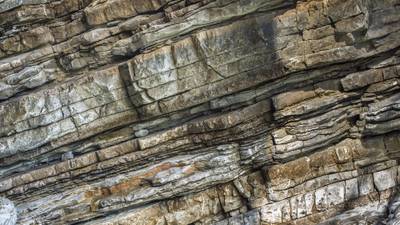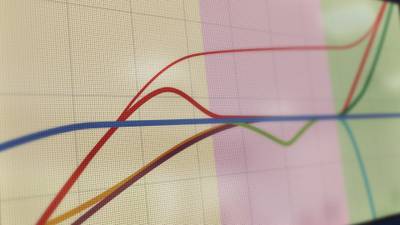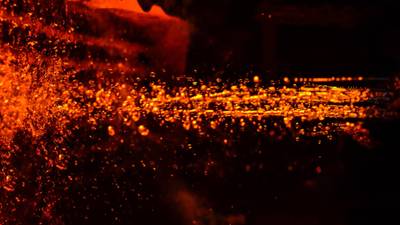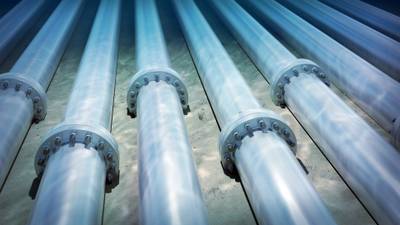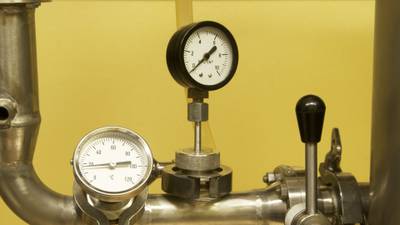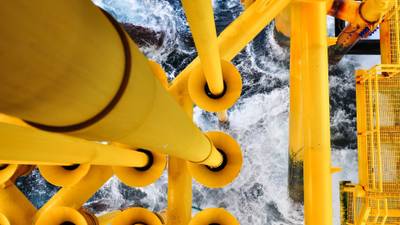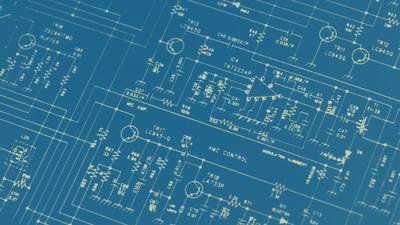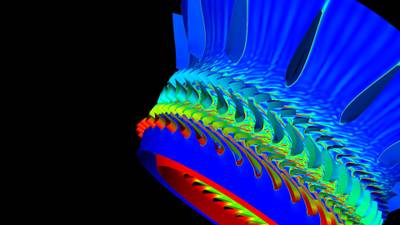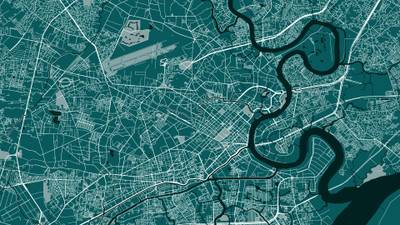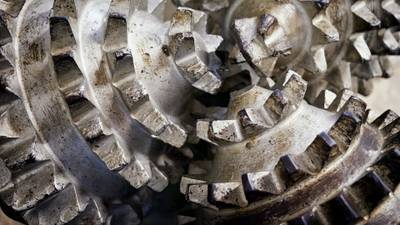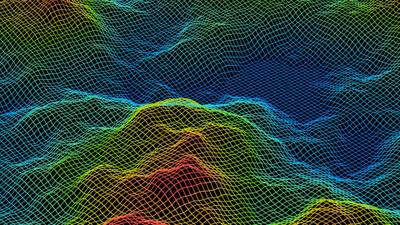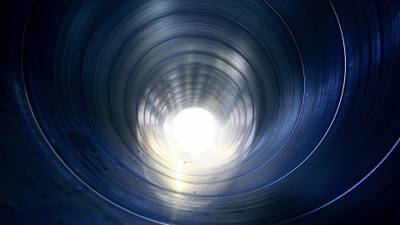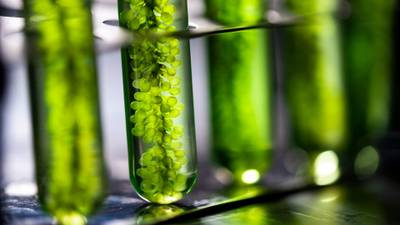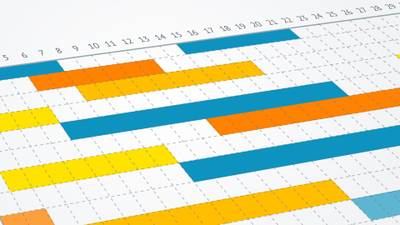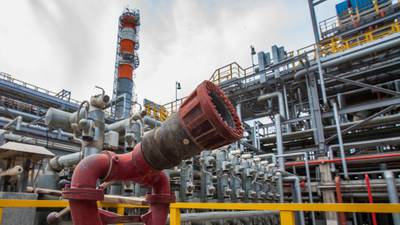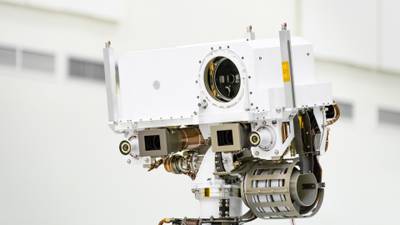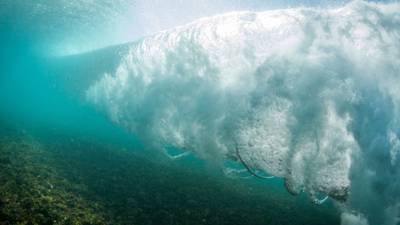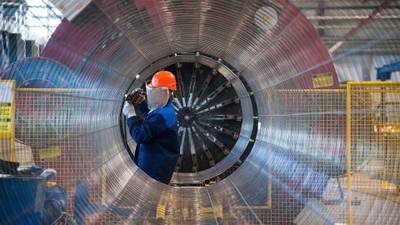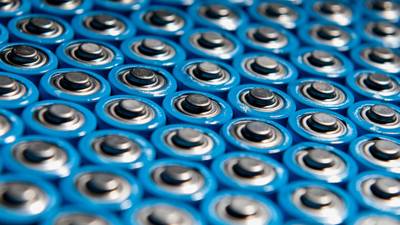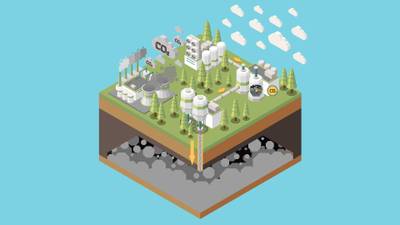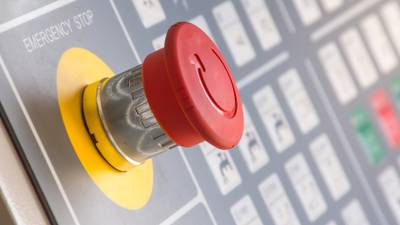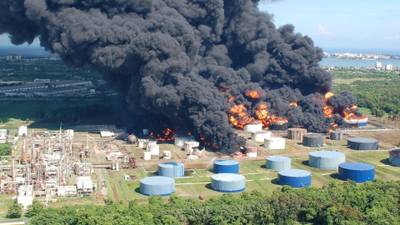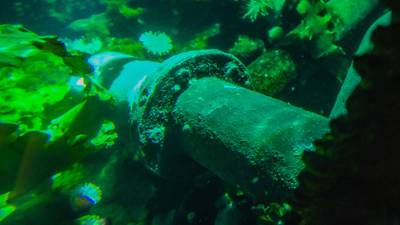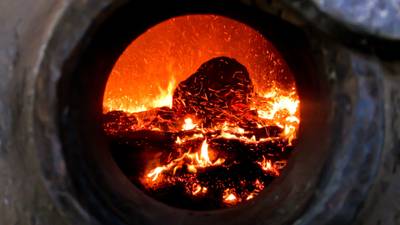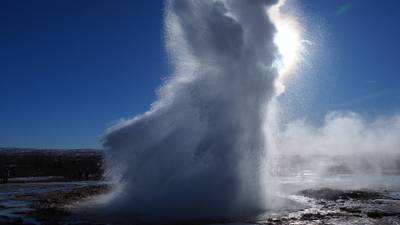How do we improve wastewater treatment efficiency?
Join our online CPD course for professionals, engineers and PhD students working in the areas of biological wastewater treatment and anaerobic digestion.
Learn to optimise and design biological wastewater treatment and anaerobic digestion processes to maximise efficiency while minimising capital and operating costs.
An always-on course
- You can join this online course any time.
- You can access all materials 24/7, right from the start.
- You have six months to complete the course at your own pace.
Discounts available
- IChemE members receive a £200 discount on this course.
- PhD students receive a £500 discount.
- IChemE Member PhD students receive a £600 discount.
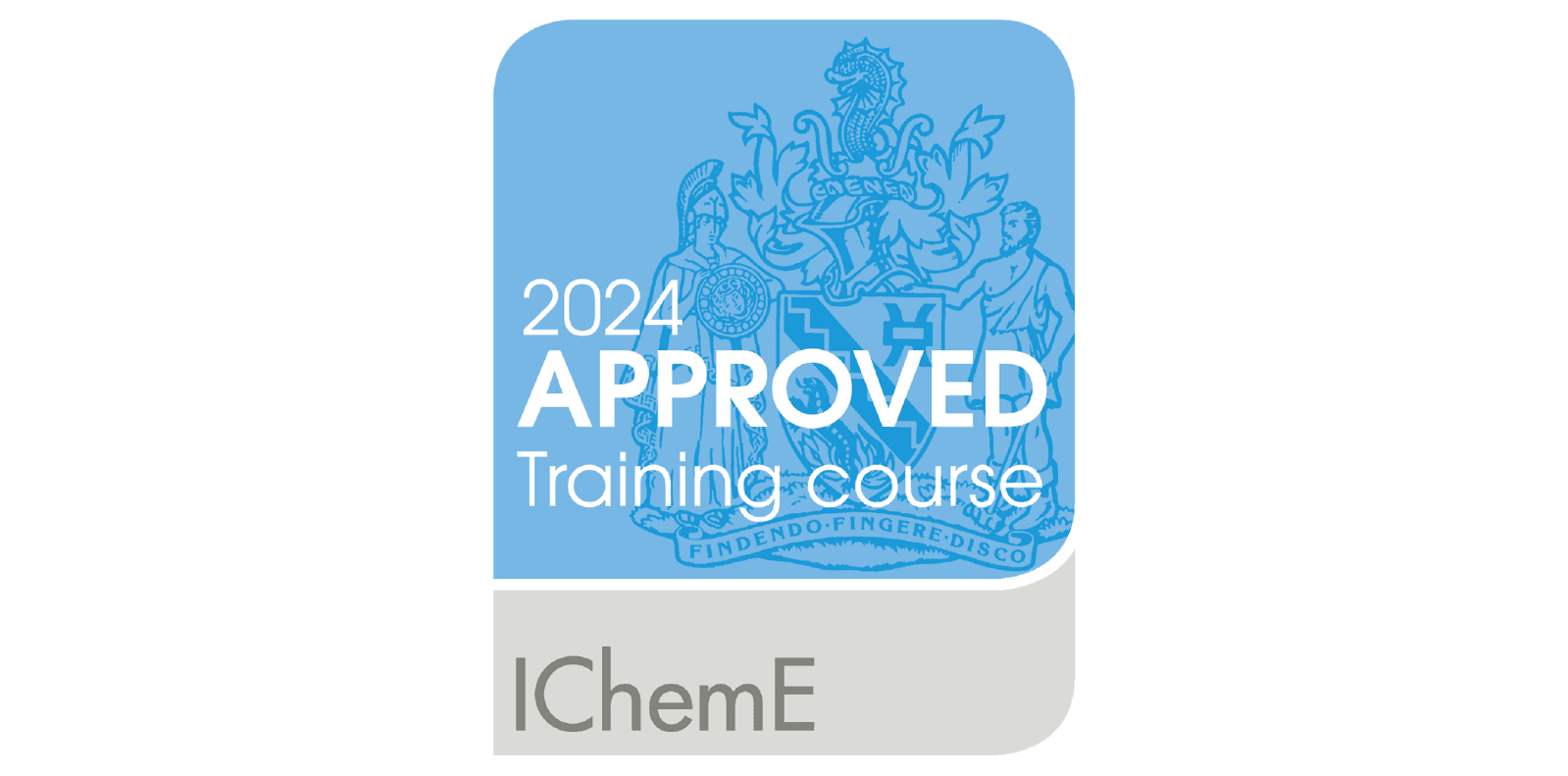
IChemE approved training
This continuing professional development course is approved by the Institution of Chemical Engineers (IChemE).
It’s the leading professional qualifying body for chemical, biochemical and process engineers.
IChemE members receive a discount on this course.
Ideal training for chemical engineers
Recently, chemical engineers have become more involved in this area, because their skills in process optimisation and unit operations greatly benefit this sector.
But chemical engineers often receive no dedicated training in biological wastewater treatment at undergraduate level. This course will help you fill that knowledge gap.
What you’ll study
You’ll start with the fundamentals of the biological processes relevant for wastewater treatment, including:
- kinetics and stoichiometry
- chemical oxygen demand (COD) and biological oxygen demand (BOD) balance
- mass balances and parameter estimation
- aeration and settling.
You’ll look at how these fundamentals apply to the design and optimisation of:
- anaerobic digestion
- sequencing batch reactors
- attached growth processes
- the activated sludge process for carbon removal, and for carbon and nitrogen removal.
You’ll also cover:
- heat balances
- pH calculation
- removal of xenobiotics in biological wastewater treatment processes
- innovative processes.
By the end of this course, you’ll be able to...
-
Explain the fundamentals of biological wastewater treatment.
-
Describe the kinetics and stoichiometry of biological reactions.
-
Develop and solve mass balances and design equations.
-
Recognise the main processes used in the industry and their corresponding design equations.
-
Design and optimise biological wastewater treatment processes.
How you’ll study
Online learning
This course is delivered 100% online. You can join us from anywhere in the world and set your own study hours.
Your teaching is delivered through MyAberdeen, our online Virtual Learning Environment (VLE). It holds all the materials, tools and support you’ll need. Take a look around MyAberdeen.
You can access your learning materials on computer, smartphone and laptop, 24 hours a day. You’ll find a range of resources at your fingertips, including:
- video lectures
- slide shows
- quizzes
- online one-to-one tutorials
- discussion boards with colleagues and tutors
- numerical equations and design problems.
Tutorials and support
You can arrange one-to-one tutorials, up to one hour per week, with the course leader at times that suit you. You’ll also have contact with your course leader via MyAberdeen to discuss any questions you have.
Study hours
You’ll have 24 lectures and six tutorials. The course totals approximately 24 - 30 hours of study time. You have 24 weeks (6 months) to complete the course at your own pace.
- As a guide, the course equates to one-to-three hours per week over the full 24-week period.
- You’re completely free to set your own study hours.
- The learning resources are there for you 24/7, so you can drop in and study anytime.
Assessment
There is no formal assessment for this course. You’ll have:
- a multiple-choice quiz at the end of each topic
- a final multiple-choice quiz at the end of the course.
Your course leader
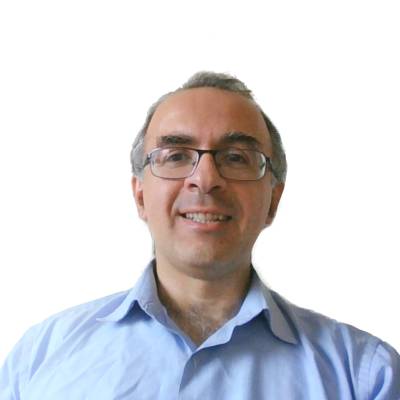
Professor Davide Dionisi
Davide teaches biochemical engineering, wastewater treatment, anaerobic digestion and renewable energy from biomass at undergraduate and postgraduate level. A Chartered Member of the IChemE, Engineering Council and member of the Italian Association of Chemical Engineering (AIDIC), he has over 20 years’ experience in academia and industry.
View Davide’s profileWhere this will take you
Earn a CPD certificate
You will receive an IChemE-approved CPD certificate when you successfully complete the course and quizzes.
Your employer or professional institute may recognise this course for CPD. Talk to your employer or institute to find out more.
Careers
This course will help you progress in or work towards a career related to biological wastewater treatment.
It aims to fill the knowledge gaps in many areas of this sector, giving you the skills you need to stand out in this area.
Entry requirements
Discounts available
- IChemE members receive a £200 discount.
- All PhD students receive a £500 discount.
- IChemE Member PhD students receive a £600 discount.
You will need access to:
A computer (PC, laptop or Mac) operating on either:
- Windows 10 or later
- macOS 10.15 (Catalina) or later.
Most teaching materials are smartphone- and tablet-friendly. But we recommend a proper laptop or desktop for completing assignments comfortably.
Reliable internet access
We recommend:
- a wired connection
- a minimum download speed of 2 Mbps so you can take part fully in live sessions.
Speakers or headphones
- We recommend a headset with built-in microphone and earphones if you’re likely to study in an environment with background noise.
- A webcam is optional, but you may like to use one for some interactive sessions.
Software
We’ll give you access to Office365 applications. This means you can use online versions of Microsoft Word, Excel, and PowerPoint and install these programs on up to five personal devices.
If your course requires specialist software, we’ll provide you with access to this and a licence that lasts throughout your studies.
See our detailed IT requirements for more information.
There are no entry requirements for this course. It is open to all.
This course is delivered in English.
Apply for this course







